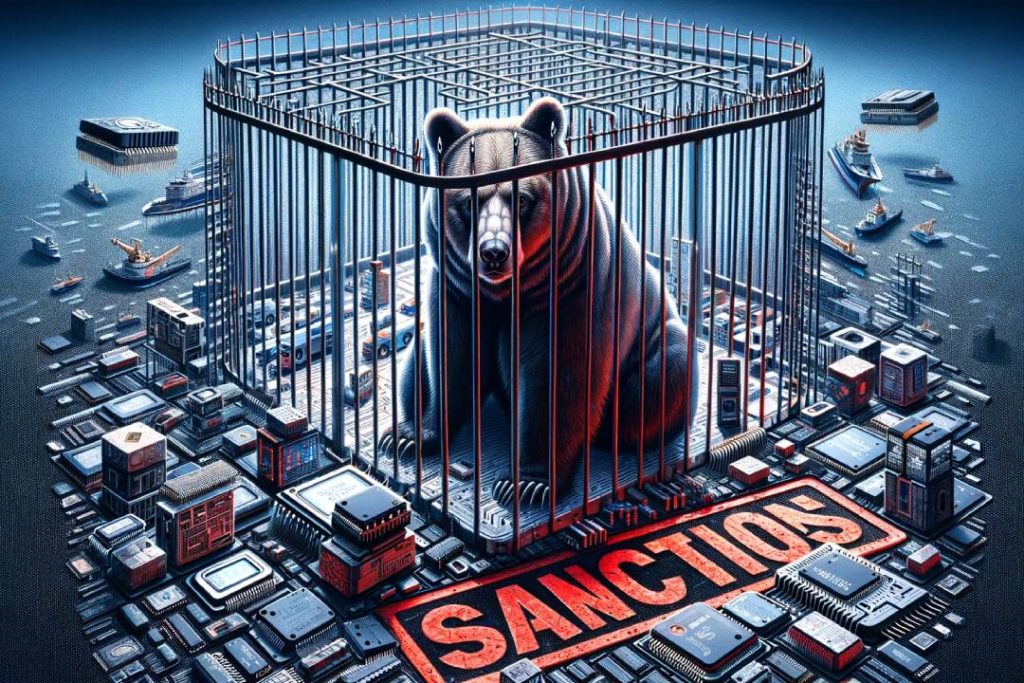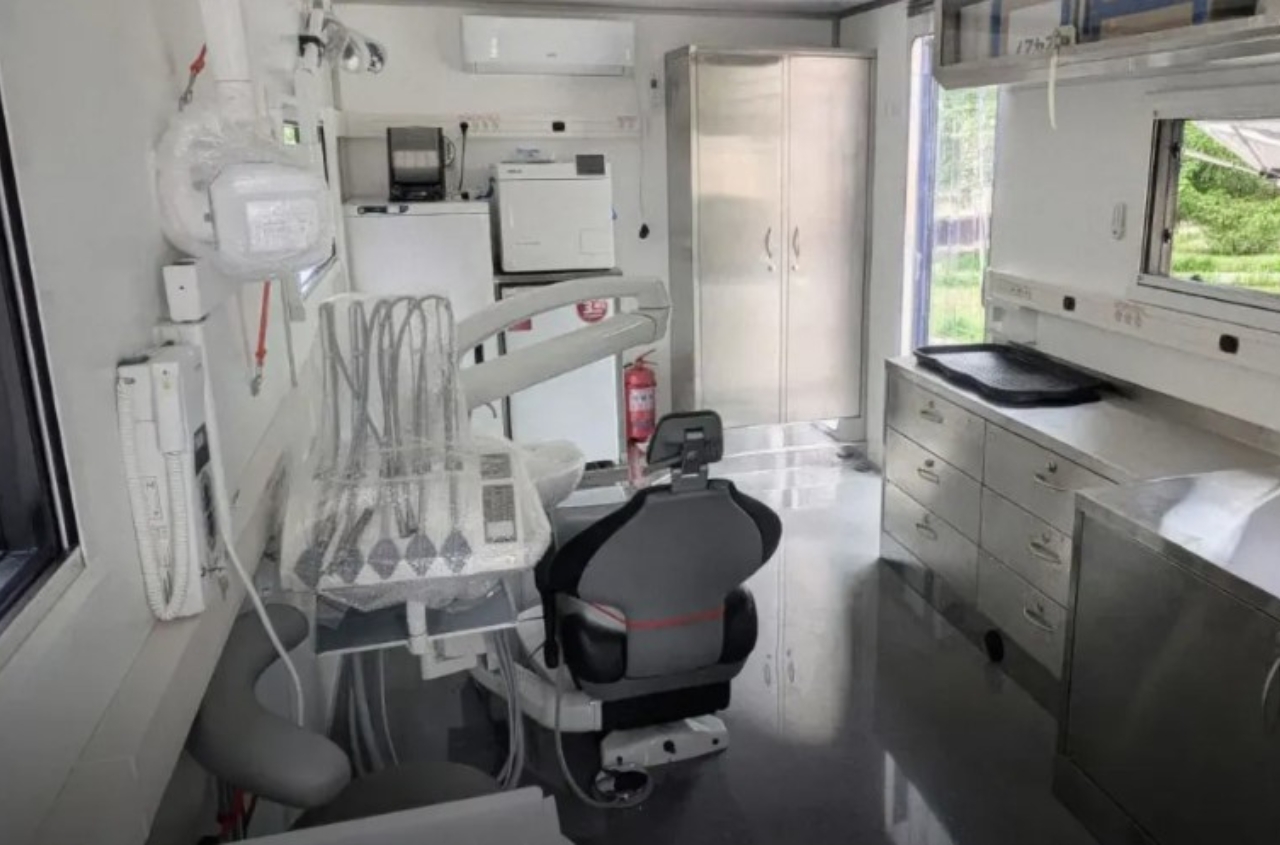Dutch Defense Minister Ruben Brekelmans confirmed the participation of Ukrainian President Volodymyr Zelenskyy in the NATO summit, which will take place on June 24 in The Hague.
German Chancellor Friedrich Merz emphasized that Germany, France, the United Kingdom, and the United States have lifted restrictions regarding the range of Ukraine’s strikes on Russia using their weapons.
“Italy strongly condemns the new attack by Russia carried out on the territory of Ukraine using drones and missiles with the sole purpose of striking the civilian population,” said Italy’s Foreign Minister Antonio Tajani.
U.S. President Donald Trump stated that he is “absolutely considering” the possibility of tightening sanctions against Russia.
Republican member of the House of Representatives Don Bacon, after Russia’s massive shelling of Ukraine over the weekend, rejected the idea of peace talks with Russia and called for decisive measures.
“It’s time for honesty. Peace negotiations have no influence on Putin,” Bacon emphasized.
“I think President Trump realizes that when President Putin told him he was ready for peace, he lied,” said French President Emmanuel Macron.
European Commissioner for Defence Andrius Kubilius stated that Russia does not have the strength often attributed to it and is incapable of winning the war against Ukraine.
EU foreign policy chief Kaja Kallas emphasized that the European Union is ready to increase pressure on Russia to force it to agree to peace.
European Commission spokeswoman Anitta Hipper reported that the European Commission continues work on the 18th package of sanctions against Russia.
Lithuanian Foreign Minister Gintaras Nausėda stated that sanctions against Russia must be strengthened and Russia isolated. He also called for increased military aid to Ukraine. “The policy of appeasement is not the path to peace but a permission to continue aggression,” he said.
Latvia’s National Electronic Mass Media Council decided to restrict access to nine more websites spreading Russian propaganda. It was determined that the content on these sites contradicts Latvia’s informational and national security interests. These resources spread content that justifies and supports Russia’s war in Ukraine and war crimes committed by Russia.
Latvian Foreign Minister Edgars Rinkēvičs called on EU countries to stop issuing visas to Russians. He reacted to last year’s statistics showing that the number of Schengen visas issued to Russian citizens increased. Last year, Russians received over 500,000 Schengen visas. Currently, Latvia, Lithuania, Estonia, Poland, and the Czech Republic do not issue visas to Russian citizens.
Russia received a note from Poland over the destruction of a memorial to Polish prisoners of war—victims of the Katyn massacre—in the village of Mednoye, Tver region.
The threat of sanctions from Trump caused the Russian market to lose 100 billion rubles within a few hours.
Prices for electricity capacity for industrial consumers in Russia for 2025–2026 will be additionally raised by 15%. At the same time, accelerated differentiation of capacity payments based on equipment efficiency will come into effect. Market loads will increase by 39 billion rubles and 64 billion rubles, respectively.
Small and medium-sized businesses in Russia are increasingly feeling the economic cooling. Their business activity index fell in April to 52.4 points (above 50 indicates growth, below indicates decline). The last time it was lower (51.7) was in February, and before that in January 2023, when the authorities had just started pumping money into the economy for military orders. The main factor dragging the index down is sales, which have been in decline since July, when the Central Bank of Russia resumed raising the key rate. In April, the sales component dropped to 43.7. The “sales” component is at its lowest since the beginning of 2024, and the high key interest rate increasingly limits consumption.
The largest Russian companies are massively refusing to pay dividends to their shareholders, citing economic instability. In spring 2025, boards of directors of at least twenty publicly traded companies recommended not transferring profits to shareholders based on 2024 results. Among the companies refusing dividends are leaders in mining and energy sectors—Gazprom, Norilsk Nickel, NLMK, Severstal, En+ Group, Rusal, Rosseti. Many companies have no money to pay shareholders—Gazprom lost export revenues and its cash flow became negative, while NLMK suffered losses this year. Problems have emerged across nearly all sectors—retail, real estate, agriculture, logistics, engineering, and medicine. Companies that withheld dividends include Magnit, Lenta, M.Video, United Wagon Company, United Aircraft Corporation, Cian, PIK, Samolet, Promomed, Rusagro, Artgen, Sovcomflot, Globaltruck, Nizhnekamskshina, Kamaz, Yakovlev Aircraft Corporation.
A wave of bankruptcies may hit the Russian construction industry, which faces a crisis due to the cancellation of mass mortgages, high Central Bank key rates, and falling demand. About 20–25% of developers face high financial risks.
Russian authorities are preparing to limit the issuance of bank cards: no more than 20 cards may be allowed per person.
Poland will conduct its own military exercises together with NATO countries in response to the large-scale Russian-Belarusian “Zapad” maneuvers scheduled for September. This was announced by Poland’s Deputy Minister of National Defence, Czesław Tomczyk. He said that previous “Zapad” exercises preceded Russia’s full-scale invasion of Ukraine, so current maneuvers cannot go without a reaction.
Polish border guards recorded almost 560 attempts by migrants to cross the border from Belarus from Friday to Sunday. Lithuania recorded 11 such attempts on Sunday, and Latvia recorded 106.
Lithuania, which filed a lawsuit against Belarus at the International Court of Justice, demands over 200 million euros as compensation for damage caused by the migration crisis.
Swedbank, the largest commercial bank operating in Lithuania, tightened conditions for operations with Russia and Belarus. “Swedbank will consider unavailable not only direct but also indirect operations on customers’ accounts related to the prohibited countries, including Russia and Belarus,” the bank said.
The slowdown in Belarusian economic growth from 3.1% in January–March to 2.8% in January–April occurred amid slower industrial growth (1.4% after 2.1% a month earlier), according to the weekly macroeconomic review of the Eurasian Development Bank. The slowdown is due to reduced demand for Belarusian goods in foreign markets.



















